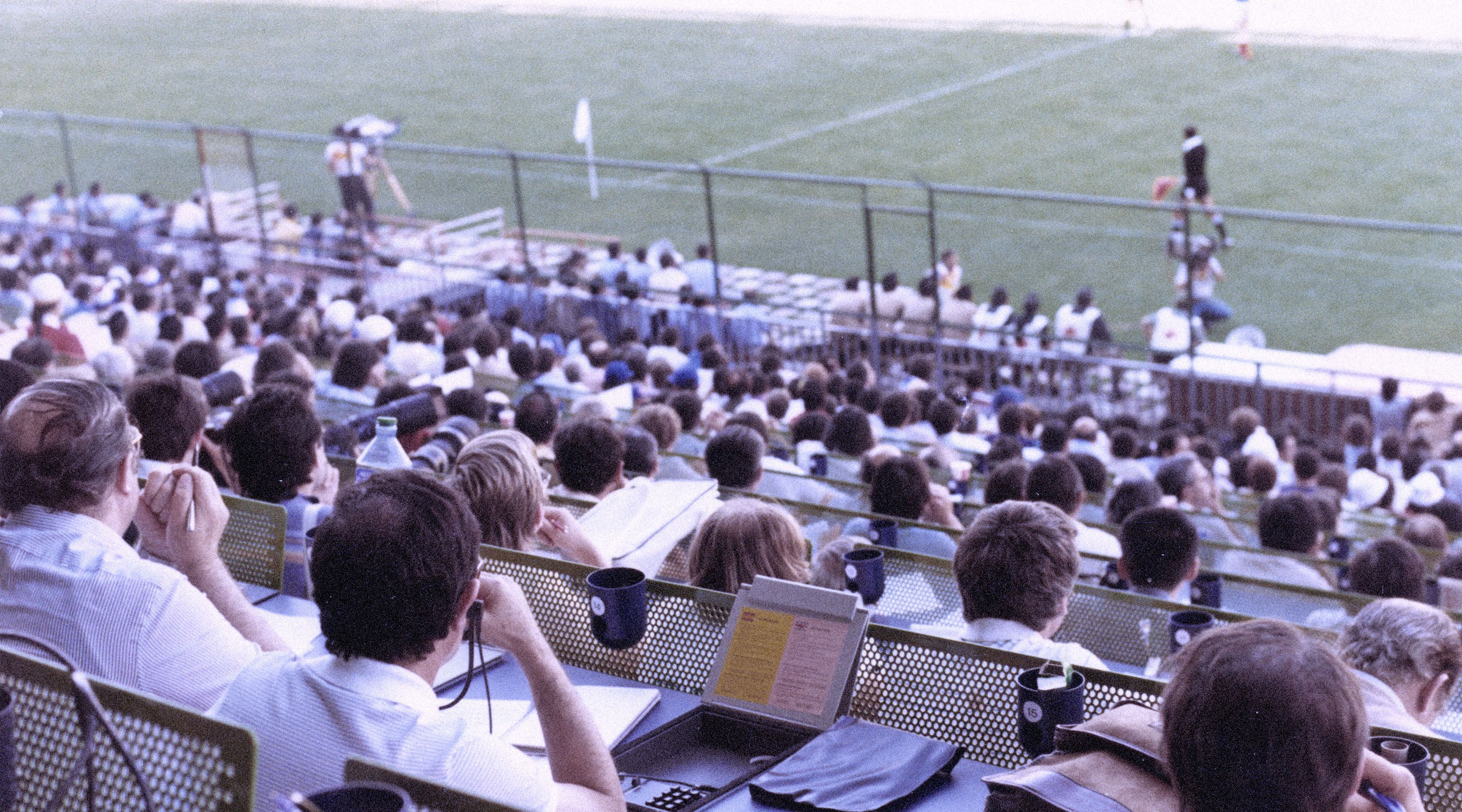
1982
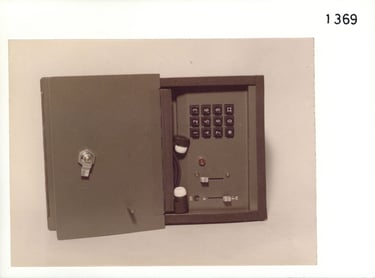
An intense year with a change of chairman - Luis Solana arrived -, the Football World Cup held in Spain and one of the saddest episodes in Telefónica's history: the ETA attack that blew up the Ríos Rosas telephone exchange in Madrid.
The Solana era begins
01
The year that Spain hosted the World Cup, Telefónica had a new chairman, Luis Solana Madariaga. From Madrid, with a degree in Law, trained in Economics and Business Studies in Paris and London, Solana was clear from the outset about the need for Telefónica to grow beyond Spain's borders. This vision led to the company's financial expansion on the London, Paris, Frankfurt and Tokyo markets, before taking the great stock market leap of its history in 1987: listing on the New York Stock Exchange.
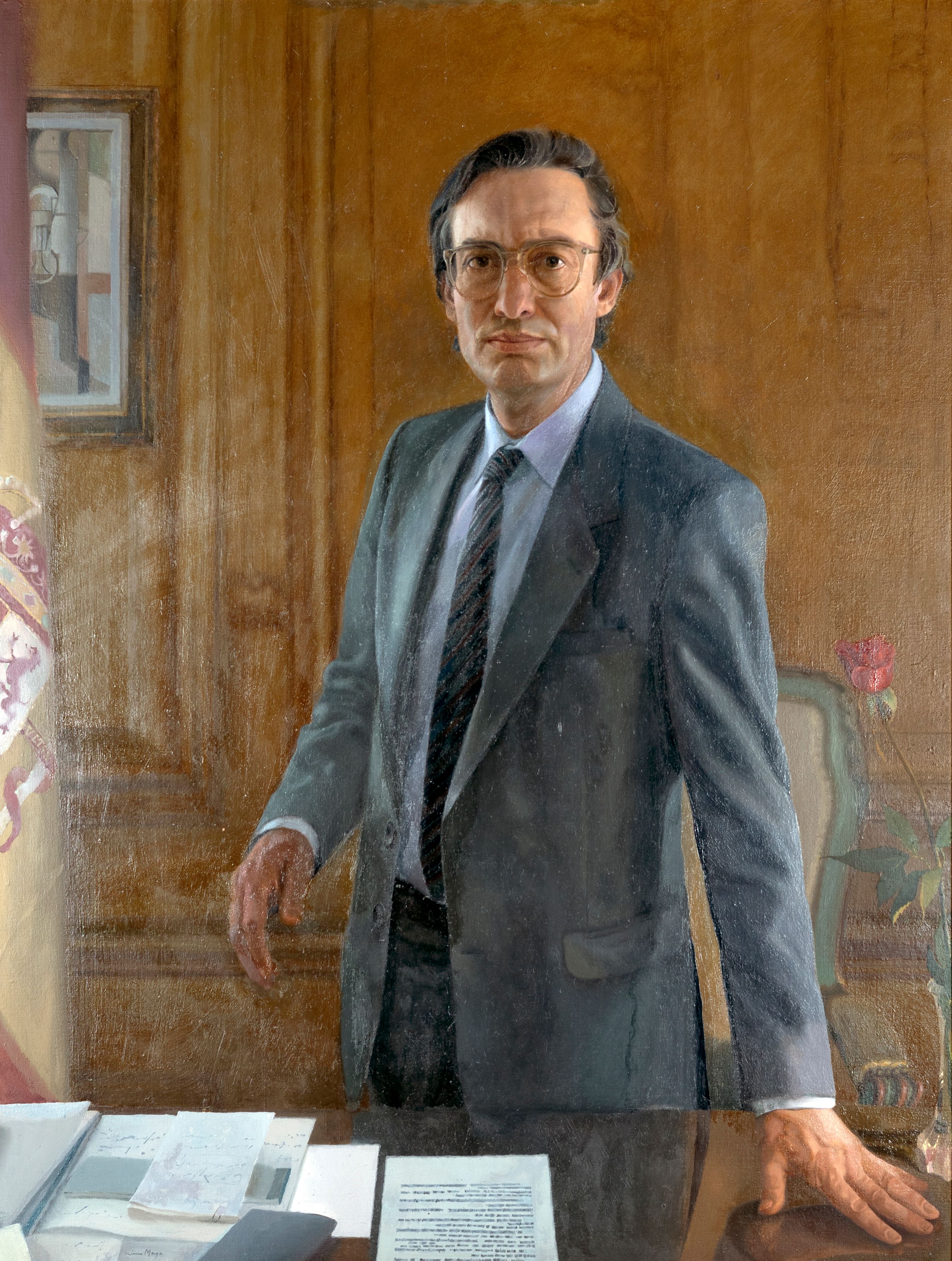
Championship connectivity
02
Telefónica provides all communications and IT services, together with the companies Entel and Eria, in a sporting milestone for Spain that begins on 13 June: the 1982 World Cup, the twelfth edition of the football world cup organised by FIFA. The company had been chosen for this mission a few months earlier by the World Cup Organising Committee, with a contract amounting to 60 million pesetas. The World Cup was won by Italy, and the connections and displays for visitors, participants and media covering the event were a success.
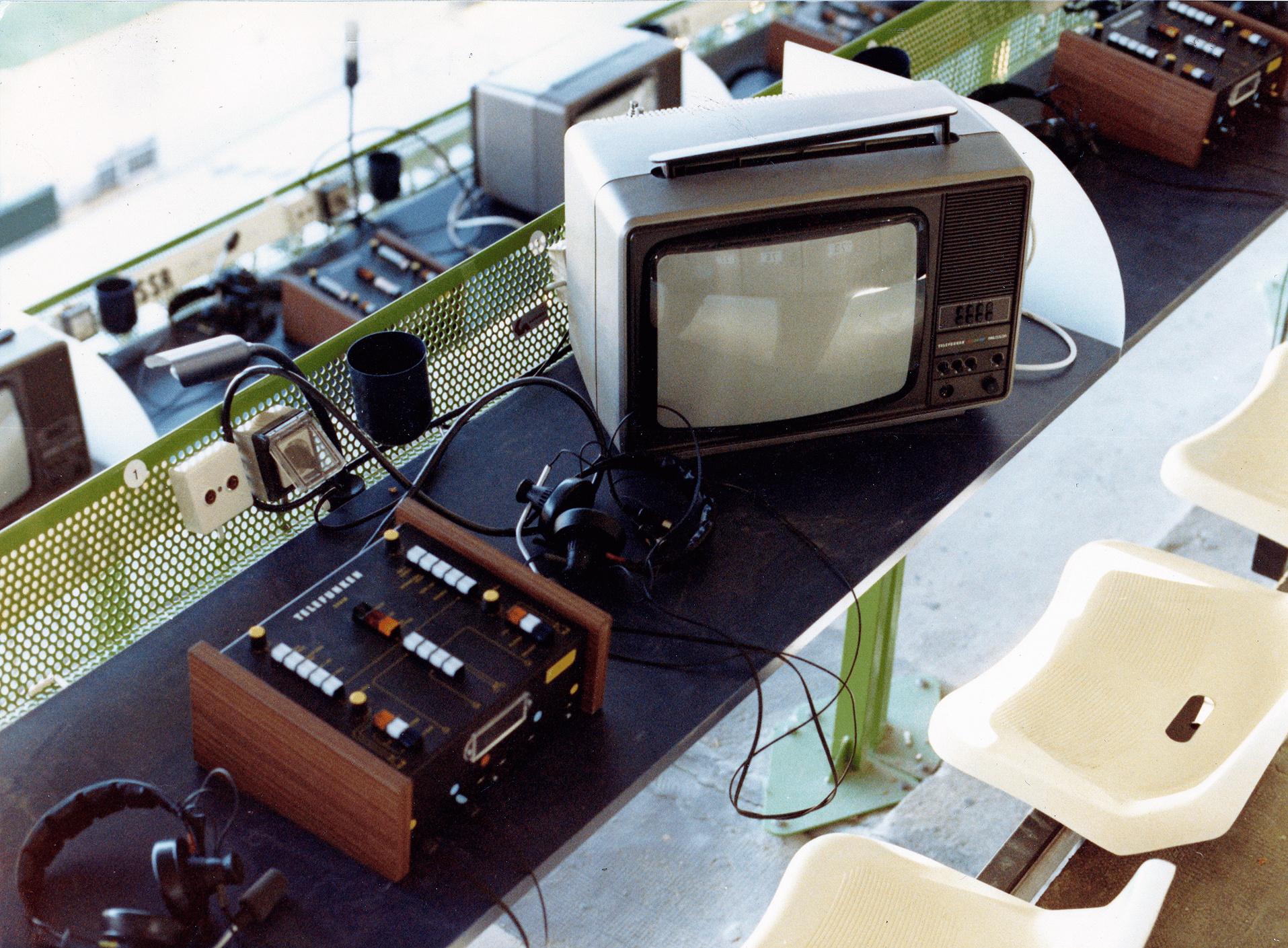
Rios Rosas blown up
03
A few months before the World Cup, Telefónica experienced one of the toughest days in its almost 60-year history. The terrorist group ETA, in an attack apparently planned for months, blew up the switchboard in Calle Ríos Rosas in Madrid, the most important in the telephone network. A 30 kg charge next to the UNIVAC 1160 computer and a similar charge in the control console room destroyed all the equipment on the third floor of the building. Fortunately, many data tapes and the services programme were in a security cabinet that withstood the impact of the explosion quite well. The technical teams worked hard to restore service, especially for corporate customers such as banks. The attack affected tens of thousands of phones, which took several weeks to return to normal.
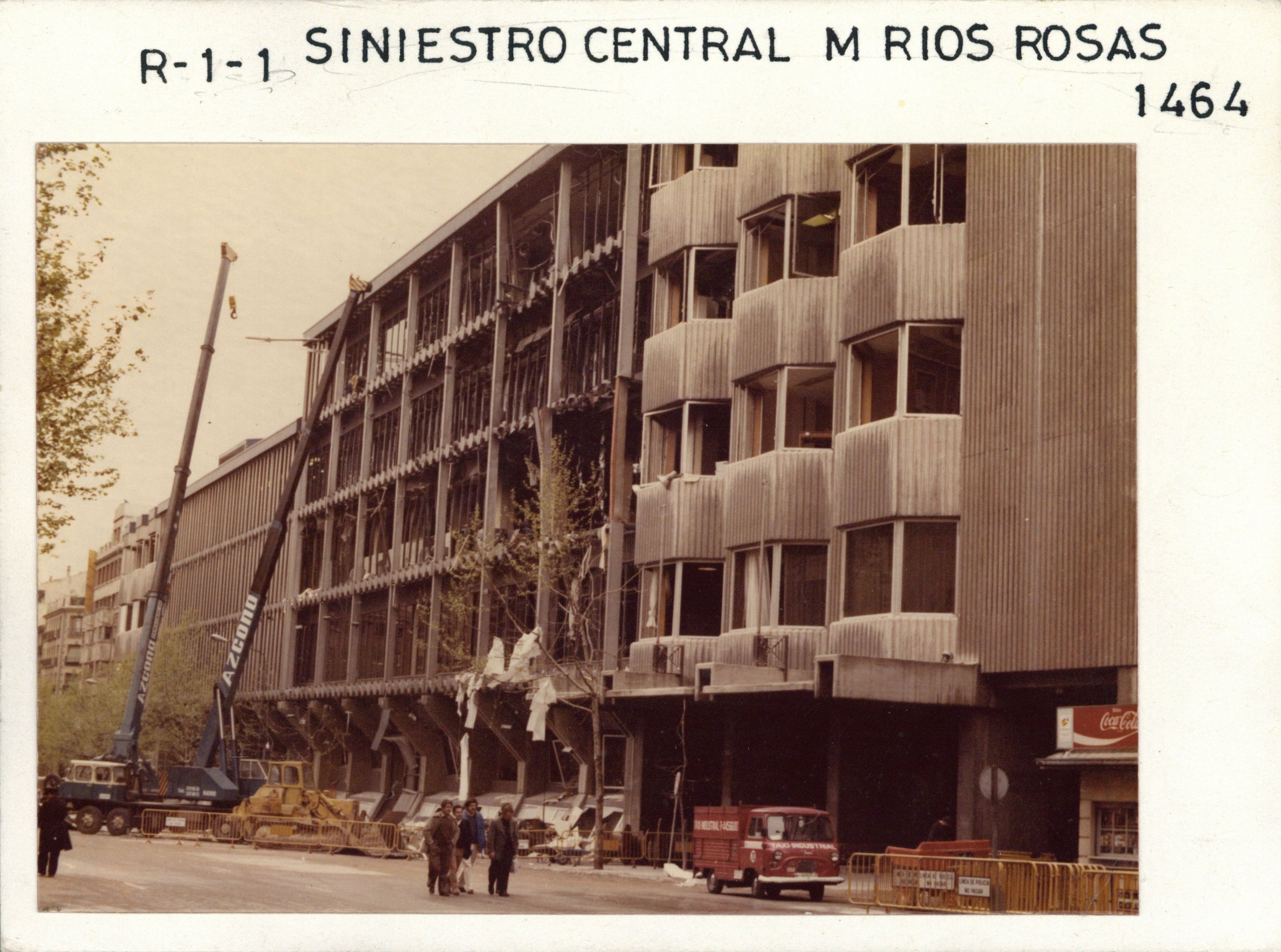
Do you have doubts about what happened?
Ask Aura